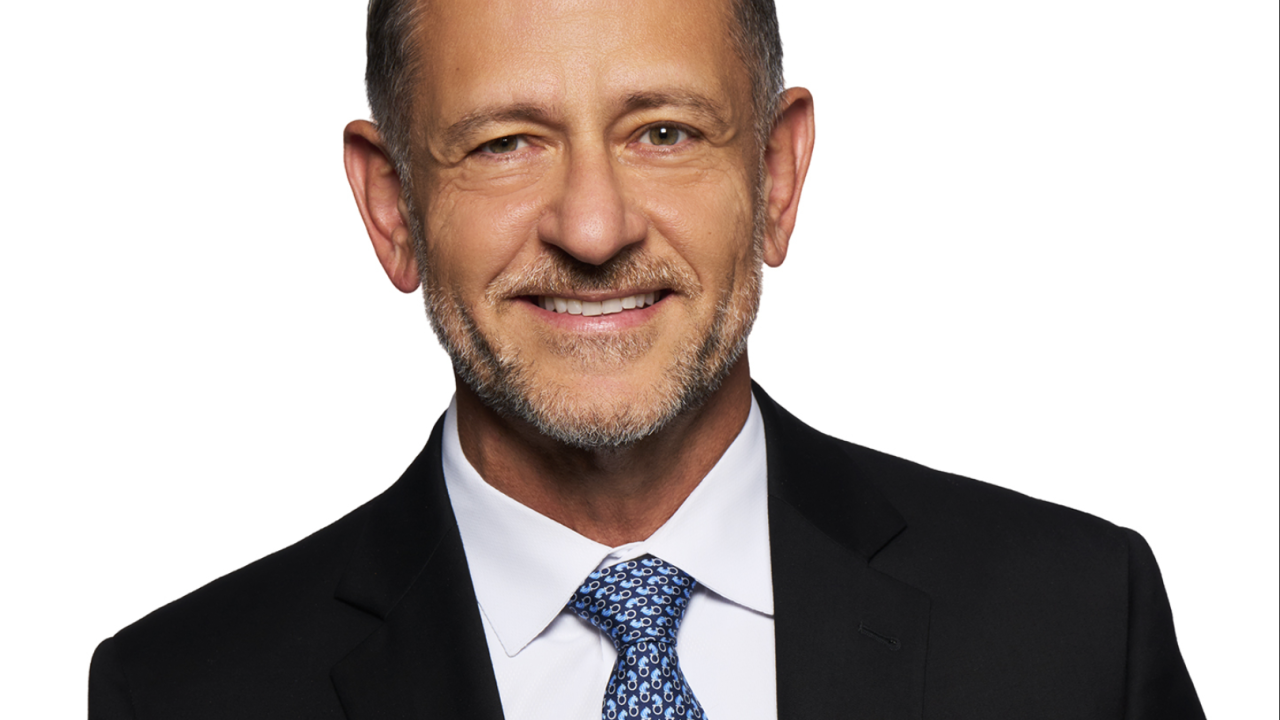The largest, most powerful financial juggernaut in the world could be a likely byproduct of the proposed Bank of America Corp. acquisition of Merrill Lynch & Co. Inc., but there may be far more pitfalls awaiting B of A than Ken Lewis, its well-respected and generally careful CEO, may have anticipated.
Just a decade ago the equally ambitious and skilled Sandy Weill created a similar financial juggernaut by acquiring Travelers Insurance and a series of subprime predatory lenders, forming Citigroup Inc. But what Mr. Weill ignored was a brand name backed by corporate responsibility. Within five years, amid major ethical lapses, the Citigroup empire began to disintegrate.
Similarly, two years ago Mr. Lewis' Charlotte neighbor, Ken Thompson of Wachovia, made his ill-fated leap into California, relying on the option adjustable-rate mortgages of World Savings. He did so without a well-thought-out corporate responsibility plan. As a result, Wachovia is awash in $122 billion of troubled option ARMs and has a new CEO.
Under Mr. Lewis' guidance, B of A has developed a global strategy propelled by his theme of "a higher standard." If the deal is swiftly and effectively carried out, B of A could capitalize on Merrill Lynch's long and respected traditions and maximize the retention of Merrill's most skilled and often irreplaceable experts.
The first and most daunting barrier to a swift and successful execution of the Merrill acquisition is similar to the one that plagued Citigroup. How will B of A handle the foreclosure crisis precipitated in significant measure by hundreds of billions of dollars of fraudulently induced and predatory mortgages it has acquired?
Since the Federal Reserve Board's April public hearings on B of A's acquisition of Countrywide Financial Corp., six state attorney generals from across the nation (California, Connecticut, Illinois, Indiana, West Virginia, and Florida) have filed class actions against Countrywide/B of A. All accuse Countrywide and its CEO, Angelo Mozilo, of a conspiracy dating back to 2003 to deliberately confuse and defraud vulnerable borrowers.
So far, B of A has played hardball. Its powerful legal army is seeking to delay court hearings, and it refuses to embrace the systematic anti-foreclosure policies FDIC Chairman Sheila Bair recently implemented in the IndyMac Bancorp case. The FDIC's solution enables all borrowers on their primary residence to pay no more than 38% of their net income.
It is possible that as a result of community and congressional requests for public hearings, such as those granted in its previous major acquisitions, B of A will be compelled to announce an FDIC/IndyMac solution? To avoid public hearings and preserve its brand name, it should avoid the Sandy Weill method of hardball and minimal ethical standards by voluntarily and quickly embracing the FDIC system.
Another solution before public hearings are set would be for the B of A to effectively cooperate with the state attorney generals and announce a temporary foreclosure moratorium that restructures predatory subprime loans made on a primary residence.
The second potential barrier to a successful acquisition is the fact that Merrill Lynch has led all investment banks in terms of corporate responsibility and creativity for underserved communities. It is, for example, the only investment bank to have a specific written CRA commitment, which it has fulfilled for 12 years.
Will B of A embrace this type of Wall Street "higher standard," or will it create a culture clash that reduces Merrill Lynch's creative CRA leadership commitment into just another visionless bureaucratic plan?
The third barrier to a successful acquisition may be the most difficult, because it is intangible. Will a highly successful firm that has risen in just a decade from a regional bank to a global powerhouse seek to just tread water? Or will it seek a higher standard of corporate responsibility for itself, the industry, and perhaps the global economy?
B of A's former CEO, Hugh McColl, who recently congratulated Mr. Lewis on the Merrill Lynch deal, set such a standard. In the early 1990s he challenged the backwater, segregationist policies of Charlotte and transformed it into a thriving, cosmopolitan financial hub.
Those of us who have worked with Ken Lewis over the last decade have confidence that America's largest financial institution has a CEO who can achieve the difficult task of setting an even higher standard than the regulators demand, one that our nation surely needs. Both Barack Obama and John McCain have called for just such a standard.





